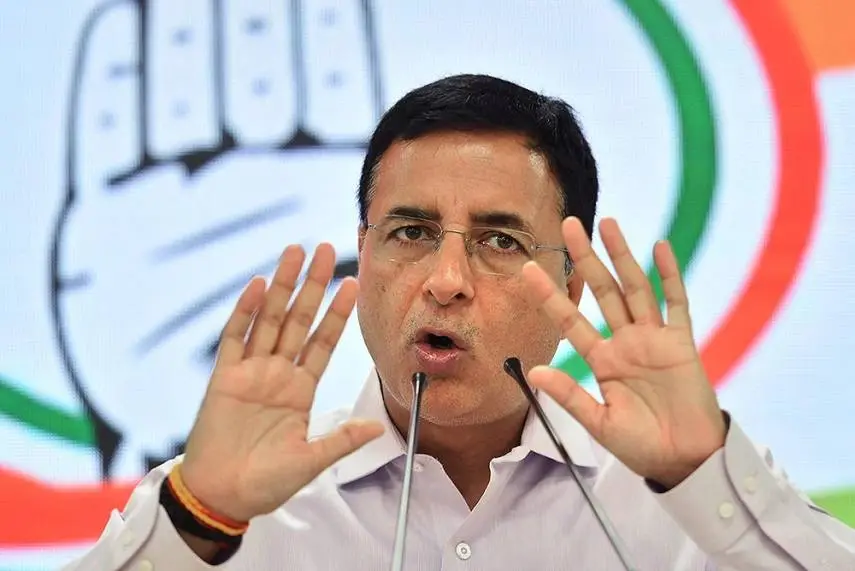India News
300 WhatsApp numbers of Indians were targeted: Congress after US court verdict on Pegasus
In this case, a U.S. judge favored Meta Platforms’ WhatsApp, concluding that NSO Group had exploited a vulnerability in the messaging service to deploy spyware for unauthorized surveillance.

India News
BJP to launch 5,000-km Parivartan Yatra across West Bengal ahead of Assembly elections
India News
BJP alliances in Assam likely to be sealed by March 10
India News
Rohit Pawar alleges big personality link in Ajit Pawar plane crash case
-

 India News10 hours ago
India News10 hours agoBJP alliances in Assam likely to be sealed by March 10
-

 India News10 hours ago
India News10 hours agoBJP to launch 5,000-km Parivartan Yatra across West Bengal ahead of Assembly elections
-

 Cricket news10 hours ago
Cricket news10 hours agoT20 World Cup 2026 Super 8 points table after England beat New Zealand by four wickets
-

 Latest world news10 hours ago
Latest world news10 hours agoTrump declines to intervene as Pakistan-Afghanistan tensions escalate
-

 Latest world news7 hours ago
Latest world news7 hours agoIsrael, US strike Iran as explosions rock Tehran, sirens sound in Tel Aviv
-

 LATEST SPORTS NEWS4 hours ago
LATEST SPORTS NEWS4 hours agoRanji Trophy final highlights: Jammu and Kashmir clinch maiden title after draw with Karnataka
















